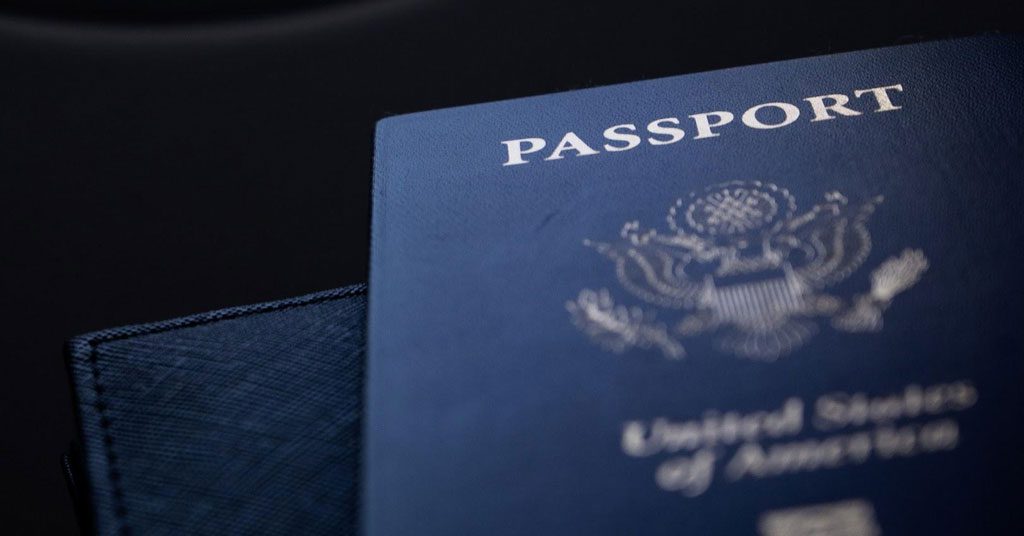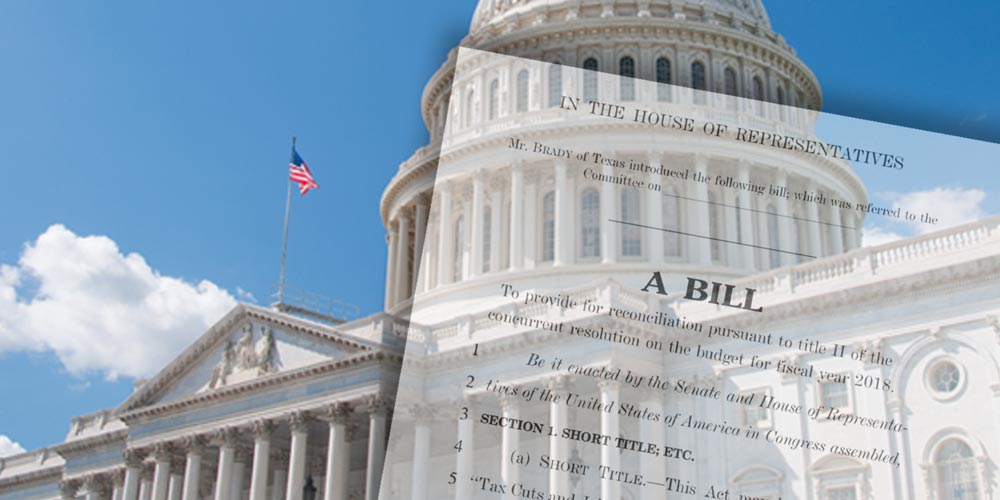
The Guardian: HMRC faces legal battle for handing data of British citizens born in US to US tax officials

According to the Guardian the HMRC faces a legal fight for handling data of British citizens born in the US to US tax officials. The case may have implications for U.S.-U.K. dual citizens, who risk having accounts frozen.
HMRC ((HM Revenue & Customs) is facing a legal battle to block it from handing personal details about British citizens born in the US to US tax authorities.
The case could have wide-ranging implications for tens of thousands of so-called accidental Americans who left the US when they were months or years old but risk having their British bank accounts frozen for failing to comply with the US tax requirements.
The case will challenge the 2010 Foreign Account Tax Compliance Act (Fatca), which requires foreign financial firms with US operations – including UK banks – to report information about US taxpayers to the IRS or face huge fines.
British citizens born in the US and the long arm of US tax authority
It is the latest fightback against the long arm of America’s tax authority.
Law firm Mishcon de Reya has taken on the UK case for a client who alleges HMRC is breaching citizens’ data protection and privacy rights by transferring vast amounts of financial and personal data to governments outside the EU.
Fatca is meant to root out tax dodgers hiding money offshore from the US, which is the only country aside from Eritrea that taxes non-resident citizens on their global income.
British citizens born in US: no tax dodgers
But the law firm in the case stated their client is not a tax dodger. The client, who works and lives in north-west England, is exempt from paying US taxes since she earns less than the $104,000 (£84,000) benchmark for Americans living abroad.
But like many US expats, she has paid thousands of pounds to a professional accountant only to confirm she owes nothing to US authorities.
However, Fatca still requires her information to be sent overseas without her permission, which her lawyers claim breaks the EU’s GDPR laws and puts her at risk of identity theft.
“Our client has no problem with measures to fight crime and tax evasion,” the law firm said. “Her issues are with the disproportionality of these measures and the breach of various fundamental data protection principles contained in the GDPR, which expose her to potential hacks and identity fraud.”
The client, now in her early 40s, married in Britain after finishing college and moving to the UK in 2000. In 2016, she received a letter from her bank warning she may owe US tax and that her data would be sent to the Internal Revenue Service via HMRC.
British citizens born in US renouncing US citizenship
Many “accidental Americans” are opting to renounce their US citizenship, which involves filing six years of back taxes, rather than go through the costly accounting process every year.
Following news of the accidental Americans issue, the IRS recently announced it was giving a tax break to some American expats through the so called Relief Procedures for Certain Former Citizens looking to renounce their citizenship.
People with less than $2m (£1.6m) in assets who owe less than $25,000 (£20,000) in back taxes will have their tax bill waived by the IRS when they give up their citizenship.
However, some British citizens born in US say the IRS initiative did not go far enough and failed to consider the $2,000-plus bill of renouncing citizenship.
Responding to the legal challenge in the UK, HMRC said it does not discuss individual taxpayers. However, it defended Fatca, saying the law “plays an important part in the multinational fight against tax avoidance and evasion”.
Help for British citizens born in US | Americans Overseas
We, the founders of Americans Overseas, were born in the Netherlands and obtained our American nationality through our (American) mother.
When we heard about the US tax system for the first time around 2013, we were in total disbelief (it can’t be true!), anger (how can they do this?), fear (am I going to get fined or pick up other problems?), and panic (what should I do?). It is (unfortunately) true that there is an additional American tax levy. But there’s no information from the local government, and when approached, the consulate referred us to the IRS, and the IRS was impenetrable.
That’s why we started this initiative to help people from all over the world by providing proper information about the US tax system to avoid unnecessary panic and offering help free of obligation and free of charge. If needed, we have a network of affordable professionals (accountants) who can help you with your tax obligations.
If you have more questions about the new relief program for British citizens born in the US you can contact us at Americans Overseas.
Contact us for more information
Source: The Guardian
Frequently asked questions
Understanding the US tax system, the obligations, and all the additional terms can be difficult. Especially if one lives outside of America. Is your question not answered? Contact us.
-
Who is required to file taxes in the US?
U.S. citizens and resident aliens who live abroad are generally required to file a federal income tax return and pay taxes on their worldwide income.
Read more... about Who is required to file taxes in the US? -
Do US citizens living abroad still have to file taxes in the US?
Yes, US citizens are required to file taxes on their worldwide income, regardless of where they are living.
Read more... about Do US citizens living abroad still have to file taxes in the US? -
How can I cash my US check?
Received an American check? You can cash your check in the following ways: cash the check at your own bank, transfer to another person (endorsement), cash checks using an online service or cash the check by another bank.
Read more... about How can I cash my US check? -
Are there any special tax forms required for US citizens living abroad?
US citizens living abroad may be required to file Form 2555 and/or Form 1116 to claim the foreign-earned income exclusion.
Read more... about Are there any special tax forms required for US citizens living abroad? -
What is FBAR filing?
FBAR (Foreign Bank Account Report) filing is the requirement for certain U.S. individuals and entities to report their foreign financial accounts to the Financial Crimes Enforcement Network (FinCEN) of the U.S. Department of Treasury. The FBAR filing requirement applies to U.S. persons who have a financial interest in, or signature authority over, one or more foreign financial accounts if the aggregate value of those accounts exceeds $10,000 at any time during the calendar year.
Read more... about What is FBAR filing?





